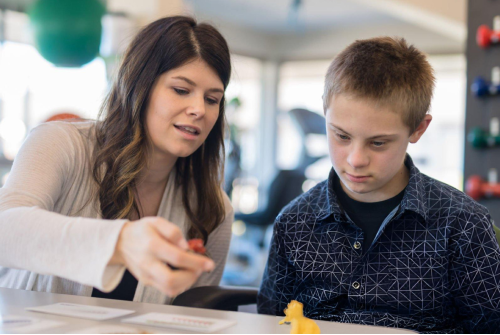
The Main Signs of Autism in a 3 Year Old?
With an estimated 1 in 59 American children affected by autism, it is important that parents and caregivers understand how to identify the signs of autism in children of all ages. Autism or autism spectrum disorder (ASD) is a neurodevelopmental disorder that mainly affects an individual’s ability to communicate and socialize with others. The age […]









